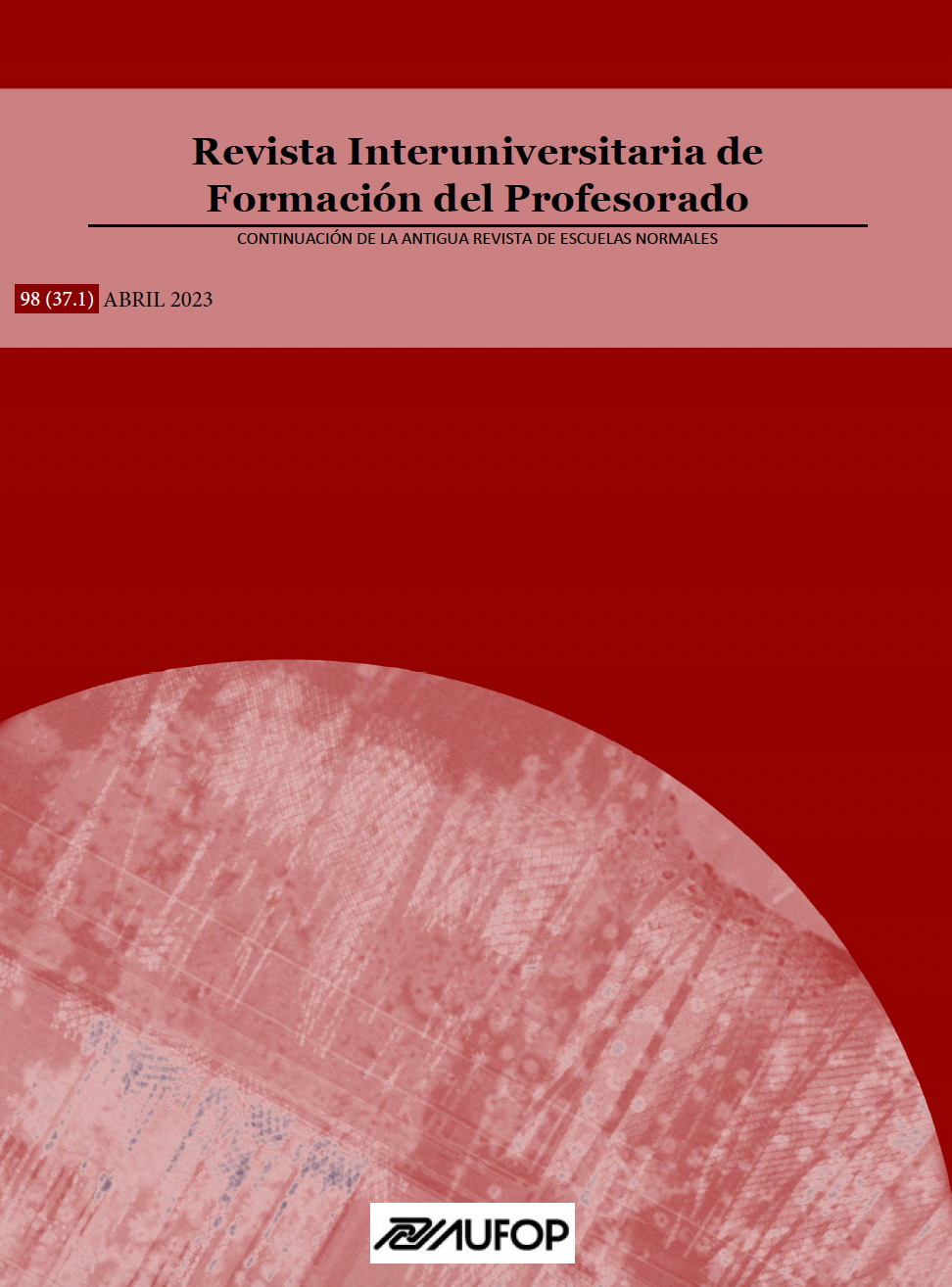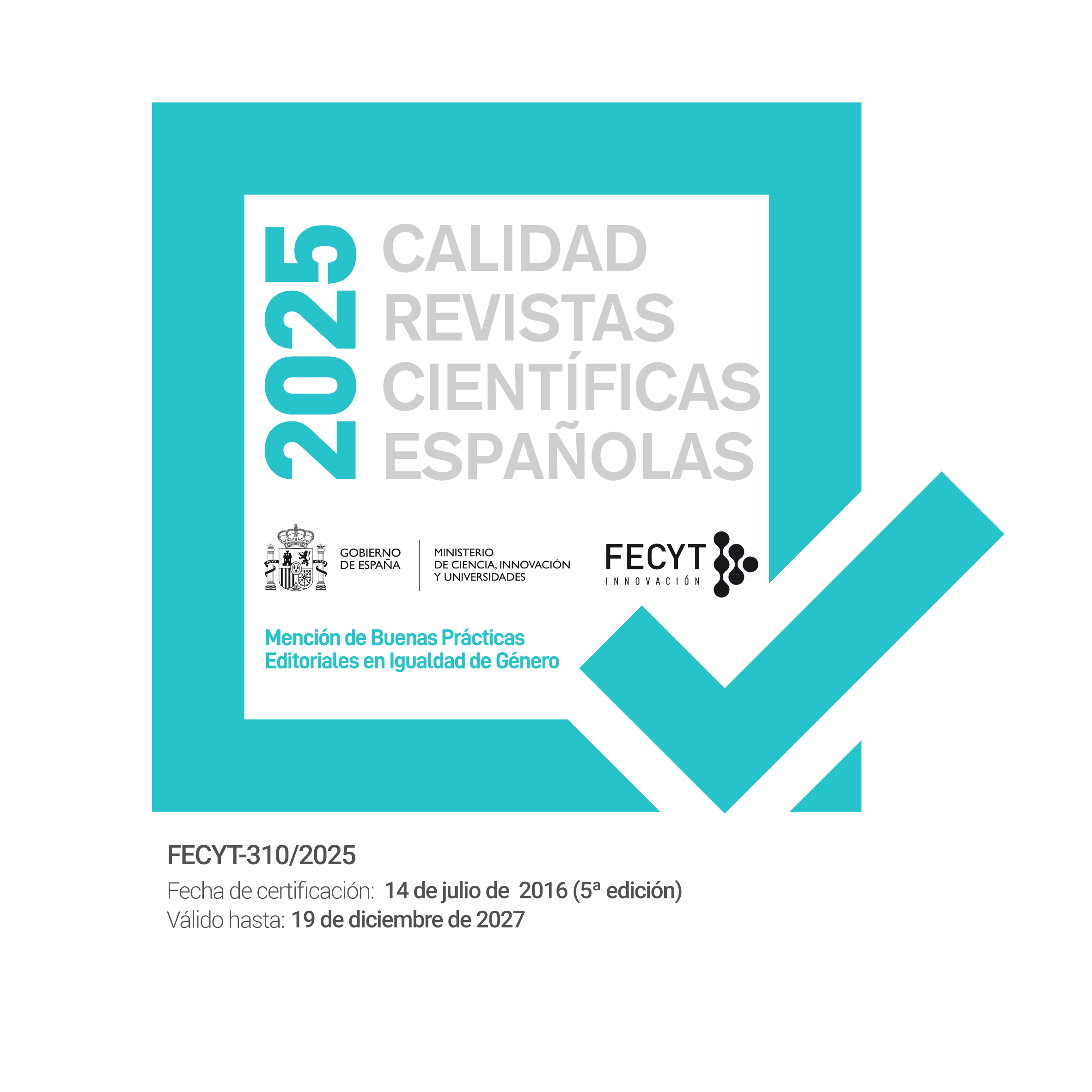Psychometric analysis of a questionnaire with BARS. An opportunity to improve teaching effectiveness measurement programs and decision making in accreditation processes
DOI:
https://doi.org/10.47553/rifop.v98i37.1.97313Resumo
In the field of teaching effectiveness measurement programs, studies on the validation of Behavioral Anchored Rating Scales (BARS) are minimal when compared with Likert instruments. The reason for this situation is a consequence of the limited number of universities opting for this type of questionnaire in their teaching effectiveness measurement programs. This situation is due to the thoroughness, time investment and strong involvement of human resources required in the design of these scales. The aim of this investigation is twofold. On the one hand, to analyze the validity of a questionnaire for measuring teaching effectiveness that uses BARS. On the other, to check whether this instrument, designed in a given university with the participation of the professors and students of this institution, can be valid for other universities. The study is carried out in three Spanish universities. The validation process considers: comprehension validity, EFA, CFA with structural equation modeling, and reliability analysis. The results show that BARS under examination are valid for measuring teaching effectiveness; not only in the institution where they are designed, but also in other universities different from the one in which the questionnaire is constructed. The findings of this research open new alternatives not only to improve teaching effectiveness measurement programs but also to enhance decision making in accreditation processes.
Downloads
Publicado
Como Citar
Edição
Secção
Licença
The "Revista Interuniversitaria de Formación del Profesorado (RIFOP)", with ISSN print 0213-8646 and ISSN electronic 2530-3791), adheres to the copyright notices proposed by Creative Commons
Authors’ rights
Papers published in the journal are subject to the following terms:
1. The Asociación Universitaria de Formación del Profesorado (AUFOP) is the editor of the RIFOP and holds the copyright of the papers published therein. The reuse of these is allowed under the license for use as indicated under point 2.
© Asociación Universitaria de Formación del Profesorado (AUFOP)
2. The papers are published in electronic version under the license CreativeCommons Reconocimiento-NoComercial-SinObraDerivada 3.0 España (texto legal). Papers can be copied, used, disseminated, transmitted and publicly exhibited provided that: i) the authorship and original publication source are cited (journal, editors and URL of the paper); ii) they are nit used for commercial gain; iii) the existence and specifications of the license for use are mentioned.
3. Auto-archiving conditions. Authors are allowed and encouraged to disseminate electronic pre-print versions (versions prior to peer review) and/or post-print (versions reviwed and accepted for publication) of their papers prior to their publication, since this favors prompt circulation and dissemination and supposes a possible increase in cites and scope within the academic community.
Privacy declaration
The names and email addresses incorporated into this journal will be used solely for the declared purposes of the journal and will not be available for any other purposes or to third parties.






